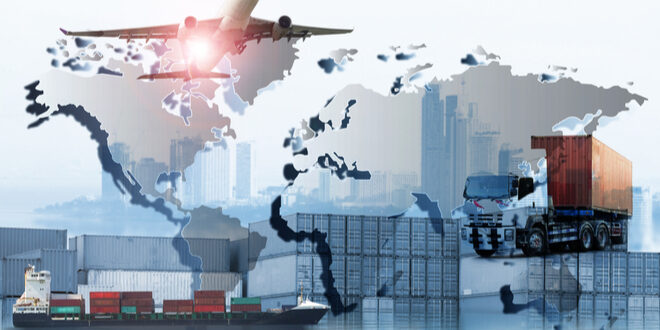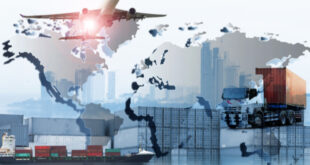By John W. Tulac
China recently announced that its official growth rate for the previous quarter was 6.2%. It undoubtedly was lower than that. In any event, this is the lowest reported growth rate from China since 1992. China’s growth slowdown is seven years old and is part of a major and irreversible transition from being an exporting country to a consumer-oriented country. This natural economic transition is necessary to satisfy the internal needs of China and its citizens, but it will take some time. It will be also be painful, especially since it is accompanied by all the major internal problems that China has, which we identified in a previous column: for example, state-owned enterprises controlling too much, producing way too much of the wrong stuff, creating unnecessary and unused infrastructure, housing and infrastructure bubbles, , pollution. China’s rising costs also led to naturally declining exports, another trend that will continue.
There are several other internal factors that render China much weaker than it appears to be. The first is that China continues to govern itself by what is called a rule by law, not a rule of law. There is a critical difference. Rule of law means that you have uniform, consistent and understandable rules by statute, regulation, and case law that will then be consistently carried so that there is certainty in compliance with the law and its enforcement. It is often difficult or impossible to even understand what the law is in China, despite its many statutes and regulations, because the government (and the Communist Party) can arbitrarily and capriciously change the law or its interpretation or its enforcement at any time with little or no notice. The government can also choose to ignore the law at any time. Since there is no independent judiciary, China has no system of checks and balances. This means that in a serious or difficult case, a judge will just pick up the phone, call the local party official and ask how to decide this case? Until China adopts a rule of law and has a truly independent judiciary, it limits itself.
Next, understand that China is a low trust business culture. Once the trust has been established between parties that is virtually unbreakable, because it’s unthinkable to cheat on your friends. But the business culture is based on the law of the bazaar Caveat emptor. And therefore, uh, it impedes the ability to trust one another. When you operate under such a system that also is arbitrary, capricious and repressive, China limits itself (which makes its economic development in such a short period of time al the more impressive).
In a previous previous column we considered China’s need internally for order given its past history. In exchange for having order and some certainty, Chinese have given up quite a bit of personal freedom. Today Chinese citizens must also deal with extensive censorship, an increasing lack of privacy, and repression that can take many forms at any time, including retaliation for offenses real and imagined. Minorities, those with religious beliefs or simply anyone who might have in some way even inadvertently offended the government or the party face substantial risks.
And by definition, repression then limits. You don’t take chances, you don’t innovate, you don’t stand out. And so that holds the Chinese back.
China will resort to whatever it takes to maintain internal order. At some point, China might become so repressive that there is a severe backlash. It’s hard to imagine mainland Chinese taking to the streets like the people in Hong Kong. But that may happen when you get pushed so far and you feel like you have no choice. So we have to keep an eye on Hong Kong as a litmus test of the resiliency of its citizens. Its people yearn to maintain their freedom, at least for the full 50 years that was promised under the treaty. And in the meantime, mainland Chinese watch and they wait and they wonder.

John W. Tulac is an international business attorney practicing in Claremont, adjunct professor of law at University of La Verne College of Law (retired), and Lecturer Emeritus (retired) at Cal Poly Pomona. He is peer recognized as preeminent in international business law and holds the highest ratings for competence and ethics from the Martindale Hubbell National Law Directory. http://www.johntulac.com
 IE Business Daily Business news for the Inland Empire.
IE Business Daily Business news for the Inland Empire.


